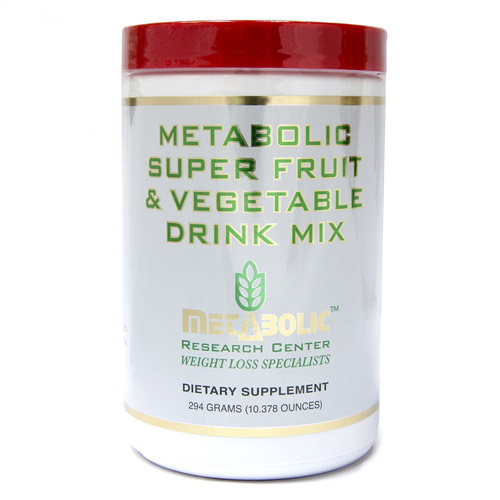Are your gut bugs making you crave?

Which foods do you crave the most? When you walk past a box of donuts do you lose control? Perhaps you constantly seek out something cheesy. No matter what you crave, that voice pushing you toward certain foods might not come from your head. Research shows microbiota in your gut could motivate you.
What is your microbiome? It is a complex system of bacteria, fungi, parasites, and viruses that live inside your body. The majority of this microbiome lives in your large and small intestines, but they are present all throughout your body. In healthy balance, these bugs all coexist helping to manage digestion, immune response, mood, and more. When there is a disturbance in the balance brought on by illness, prolonged antibiotic use, a lack of diet diversity, and other factors, dysbiosis can occur that allows the bad bacteria to take over. When the microbiome is out of balance, we are at an increased risk of disease, may experience poor digestion, constipation, reduced ability to absorb nutrients from the food we eat, and more.
To understand the microbiome and its processes in greater clarity, researchers looked at flies. Flies tend to gravitate toward yeast because they need its protein, and they find it irresistible. Researchers, however, found some hungry flies completely uninterested in yeast despite needing its protein. It turned out that the flies had specific microbes that changed their cravings and appetite; even though it led them away from fulfilling their needs.
Some cravings can lead you down a deadly path. Mice infected with the toxoplasma bacteria find the scent of cat urine irresistible. This often results in the rodents becoming a meal for cats. This helps the life cycle of toxoplasma in the cat; not the mouse. The cravings seen in humans might not have such a dramatic outcome, but they can still have a devastating effect on our health over time.
Animal behavior can be an indicator of how humans will respond to similar stimuli, but it is not a guaranteed match. To understand better how the human microbiome functions, scientists have gained some important insight by observing gastric bypass patients. The surgery causes gut microbiota to undergo a major shift, and this can lead to significant changes in cravings. For example, people might lose their taste for sweets or fatty foods. Researchers now believe these changes in cravings, rather than the reduced stomach volume as has been widely believed by many for decades, makes these operations a success.
Not all microbes are created equal. Different types of microbes have different appetites. For example: yeasts love sugar, Bifidobacteria seek fiber, Bacteroidetes crave fat, and Prevotella want carbohydrates.
Each uses its own neurotransmitter way of steering us toward its preferred food type. For example, some microbes will change your taste buds, increase your cannabinoid and opioid receptors, and produce serotonin or dopamine to make you feel good when you eat these foods. Their effect resembles antidepressants and even recreational drugs; creating a very strong pull. Others create toxins that will make you feel rotten until you give them whatever they want.
All of these signals can begin to add up in a big way to drive our food choices and overall health. Consider this: the average person has 5 pounds of gut bacteria sending signals to the brain.

Should you give your gut microbiota what they want? Not necessarily. While balanced and well-fed microbiota can raise your mood and protect against sickness, unbalanced microbiota can lead you to crave junk food that brings on a diseased state. Thankfully, gut microbiota have a very short life cycle, turning over roughly every half hour. This means you have more control over its composition than you might think. Exercising restraint with food can go incredibly far. Tackling cravings for low-quality food can help you rebuild your microbiota. Of course, giving in can undo all this hard work just as quickly.
Your best approach, though, adds rich nutrient-dense greens and soluble fiber to your daily food intake; which will increase your microbiota diversity by extension. This diversity will stop one “bully” microbe from taking over and controlling the pack. Here are some ways to help keep your microbiota balanced:
- Walking for just 15 minutes per day can help balance your gut microbes.
- Eating fiber-packed vegetables like broccoli, Brussels sprouts, and collard greens
- Add prebiotic foods such as those found in raw garlic, onion, leeks, and asparagus
- Add fermented foods such as sauerkraut, yogurt with active cultures, dill pickles, pickled vegetables, and kimchi
- Eat raspberries, the superhero of the fiber world. These beauties are packed with 8 grams of fiber per 1 cup serving!
In addition to adding fiber-rich foods to your diet, supplements like MRC’s Super Fruit and Veggie Drink Mix, Fulfill Fiber Drink, or our nutrient-dense Chocolate Meta-Shake are great microbiome supporters.


Incorporating these recommendations can bring about a significant transformation, but to maintain this change, you’ll have to eats foods such as this daily. Just as your body needs to be fed and nurtured, so does your gut. And over time, you will start craving healthier foods.
Sources for this article include: PsychologyToday.com; IFLScience.com, Harvard T.H Chan Scool For Public Health
By submitting this form, you agree to receive marketing text messages from us at the number provided, including messages sent by autodialer. Consent is not a condition of any purchase. Message and data rates may apply. Message frequency varies. Reply HELP for help or STOP to cancel. View our Privacy Policy and Terms of Service.

